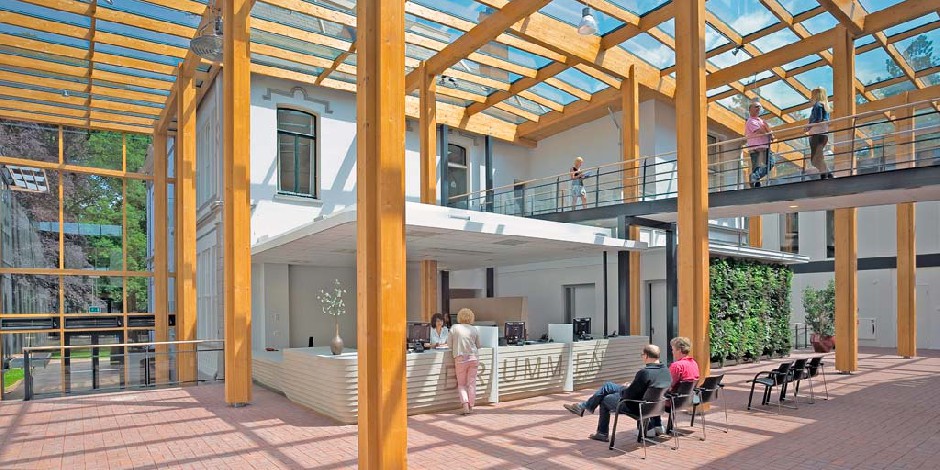GREEN PUBLIC PROCUREMENT IN THE WORLD
02.07.2018A number of European countries have used the Green Public Procurement principle for many years to strengthen a sustainable economy and build a new, economical and efficient “circular” economy.
We have prepared for you some examples of countries that have begun applying GPP and now benefit greatly every year. Both in financial and environmental meaning.
Netherlands experience
Piloting circular procurement
In 2013, the Dutch Government established the Circular Procurement Green Deal to accelerate the transition to a circular economy. This programme brought together 45 public and private parties and tasked each of them with carrying out two circular procurement initiatives in order to increase experience, share insights, and create a pool of good practice. Over three years, 80 circular procurement pilots were conducted and their lessons shared. The success of this programme resulted in the Dutch Government placing special emphasis on circular procurement and the consideration of life-cycle costs in its 2016 Roadmap to a Circular Economy. Moreover, it included an aim to raise the proportion of circular procurement to 10% by 2020.
Using technical specifications and award criteria to require recycled textiles
In 2017, the Dutch Ministry of Defense procured towels and overalls, with the requirement that the goods contained at least 10% recycled post-consumer textile fibers.
The award criteria also recognized and awarded those offers which significantly exceeded the technical specifications (that is, achieved over 30% or 50% recycled content). Contracts were awarded for 100,000 towels and 10,000 cloths with a 36% recycled content; and 53,000 overalls with a 14% recycled content.
Taken together, the contracts resulted in savings of 15,252 kg of cotton, 68,880 kg of CO2, 23,520 MJ of energy, and over 233 million liters of water.
Closed loop town hall construction in a Dutch city
The City of Brummen had outgrown its existing town hall and knew it required more room for the next 20 years, at least. However, its capacity needs beyond this time were uncertain. As such, instead of taking a traditional approach to building works procurement, the city decided to adopt a more flexible, circular approach which would see them ‘lease’ a new building under a 20-year service contract. The building was designed in a way which allowed it to be disassembled and components returned to suppliers, including structural beams, cladding, and partitions and so on.





